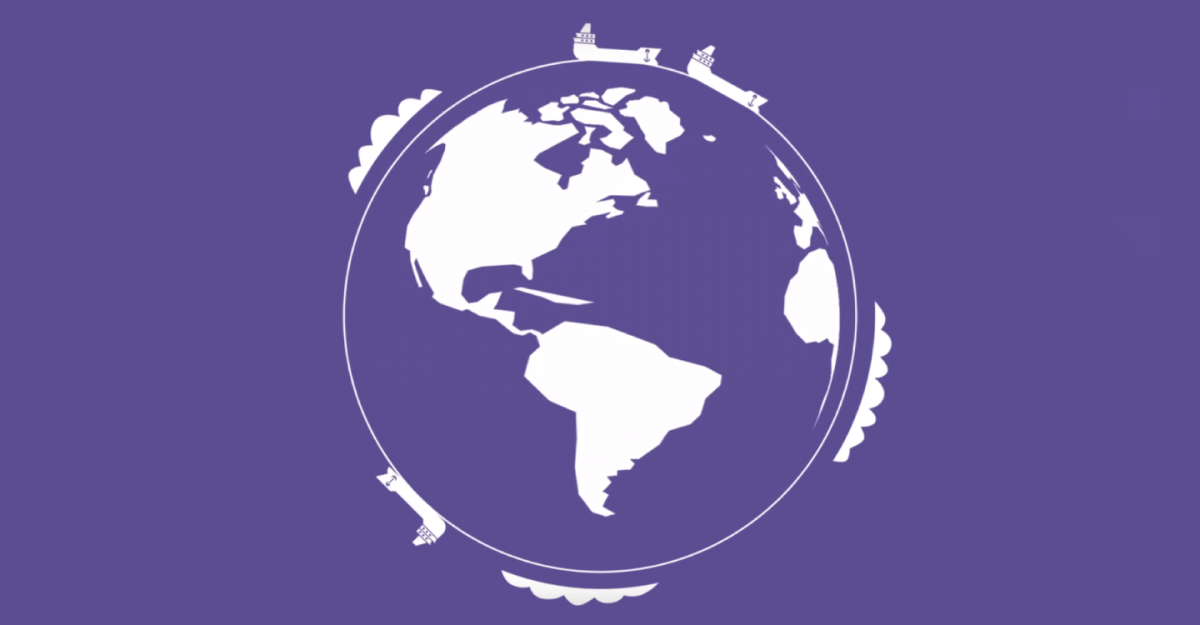Protecting our waters and coasts
Canada has the world’s longest coastline, home to vibrant communities and abundant marine life. Marine safety measures ensure that we can continue to grow our economy through seaborne trade in a safe and sustainable way.
One oil tanker a day
Vancouver is home to Canada’s busiest port, which is bustling with commercial and recreational activity. Every month, there are thousands of ferry crossings between the mainland and Vancouver Island, thousands of recreational and fishing boat trips in the inlet, and about 250 commercial shipping vessels moving into and out of the Port of Vancouver every month. When the Trans Mountain expansion is complete and operational, 34 of those commercial vessels will be oil tankers. That’s roughly 1 oil tanker a day.
Share the facts
What does the Trans Mountain pipeline expansion mean for marine traffic?
Safety measures
Whether it’s a ferry, recreational boat, or oil tanker, almost all marine vessels carry some amount of petroleum product onboard. And all motorized marine vessels create some underwater noise that can disturb aquatic life. That’s why regulations and safety measures enforced by various government agencies exist. They ensure that potential negative impacts to the marine environment caused by any type of marine vessel are kept to a minimum. These measures also help explain why there has not been a single spill from marine operations in the over 60 years that Trans Mountain has been loading tankers with petroleum.
Transport Canada, Fisheries and Oceans Canada, the Canadian Coast Guard, the Pacific Pilotage Authority, and the Port of Vancouver are the government bodies responsible for establishing, implementing and monitoring the regulations and practices of oil tankers. Federal shipping legislation ensures that vessels move in accordance with safe navigation principles, while spill preparedness and response occurs in accordance with various regulations, plans, and initiatives. Under the Oceans Protection Plan, the Federal government will invest $1.5 billion over 5 years in coastal protections to increase the government’s capacity to prevent and improve response to marine incidents.
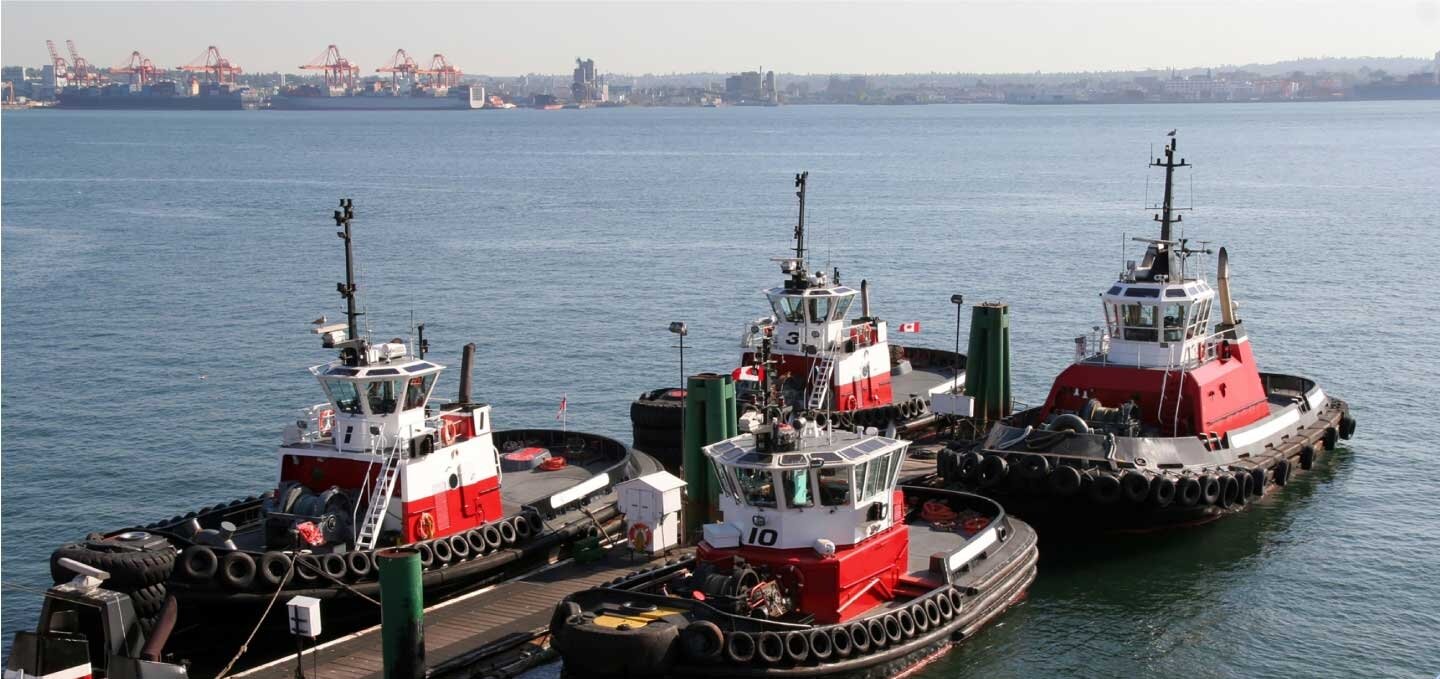
Good piloting and sound navigation
Good piloting and sound navigation practices are essential to preventing oil spills and reducing harm to marine life. Because vessels are responsible for any oil that’s spilled, their pilots and crews have every incentive to navigate their vessels well and ensure that they are properly maintained. Pilots and crew members must be trained and certified according to International Maritime Organization requirements. They must report their route, cargo, possible vessel defects, and other information to the Canadian Coast Guard 24 hours before entering vessel traffic zones. They cannot enter the zones until receiving clearance, and they are monitored when entering, leaving, and operating in the zone.
To protect the southern resident killer whale population from underwater noise, ships are rerouted or reduced in speed during times of high traffic or in areas of high sensitivity. For instance, the Haro Strait Vessel Slow-down Trial required all commercial vessels transiting the Haro Strait to slow down to 11 knots – roughly 20km/hr. And the Enhancing Cetacean Habitat and Observation (ECHO) Program is planning a number of similar initiatives focused on reducing underwater noise.
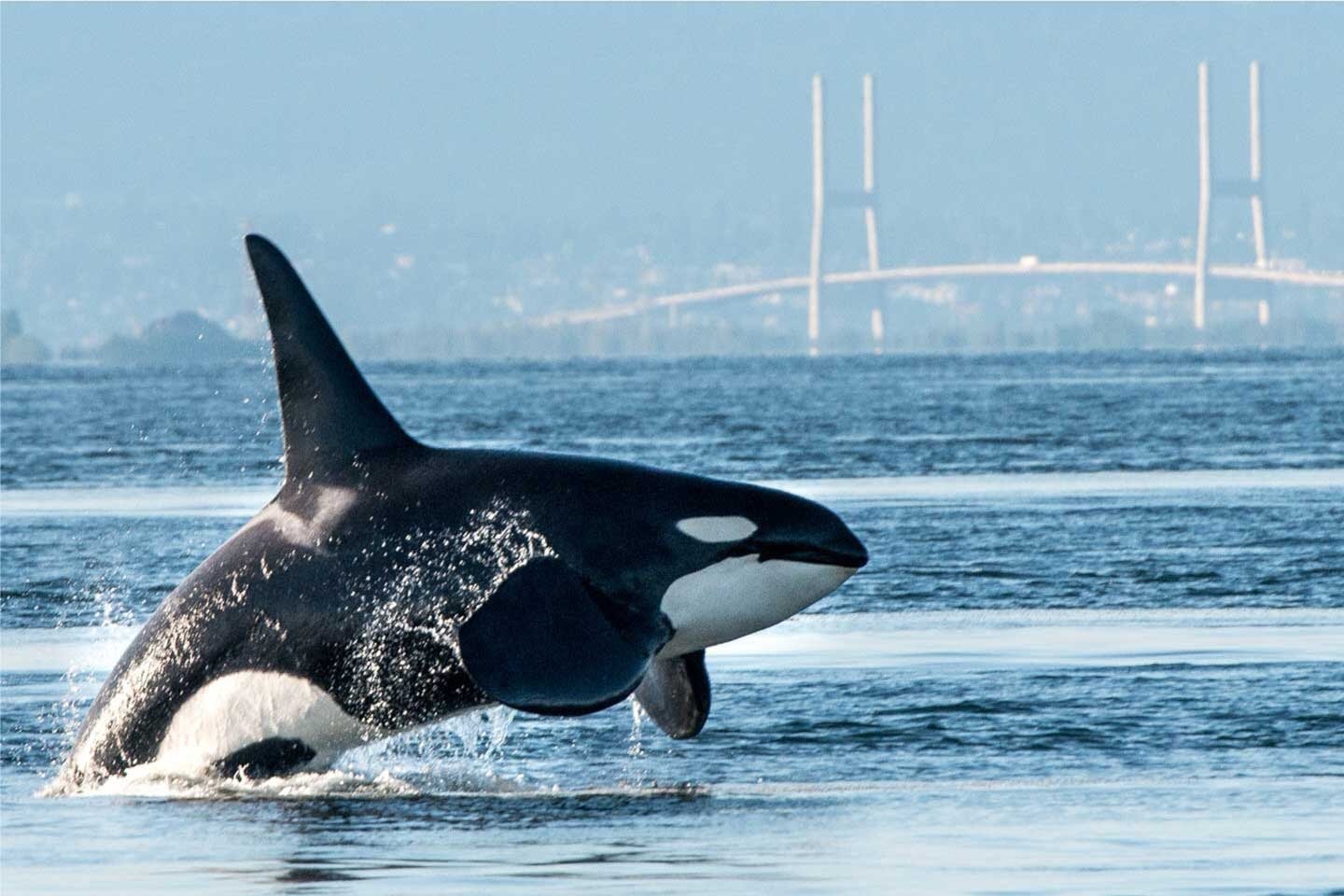
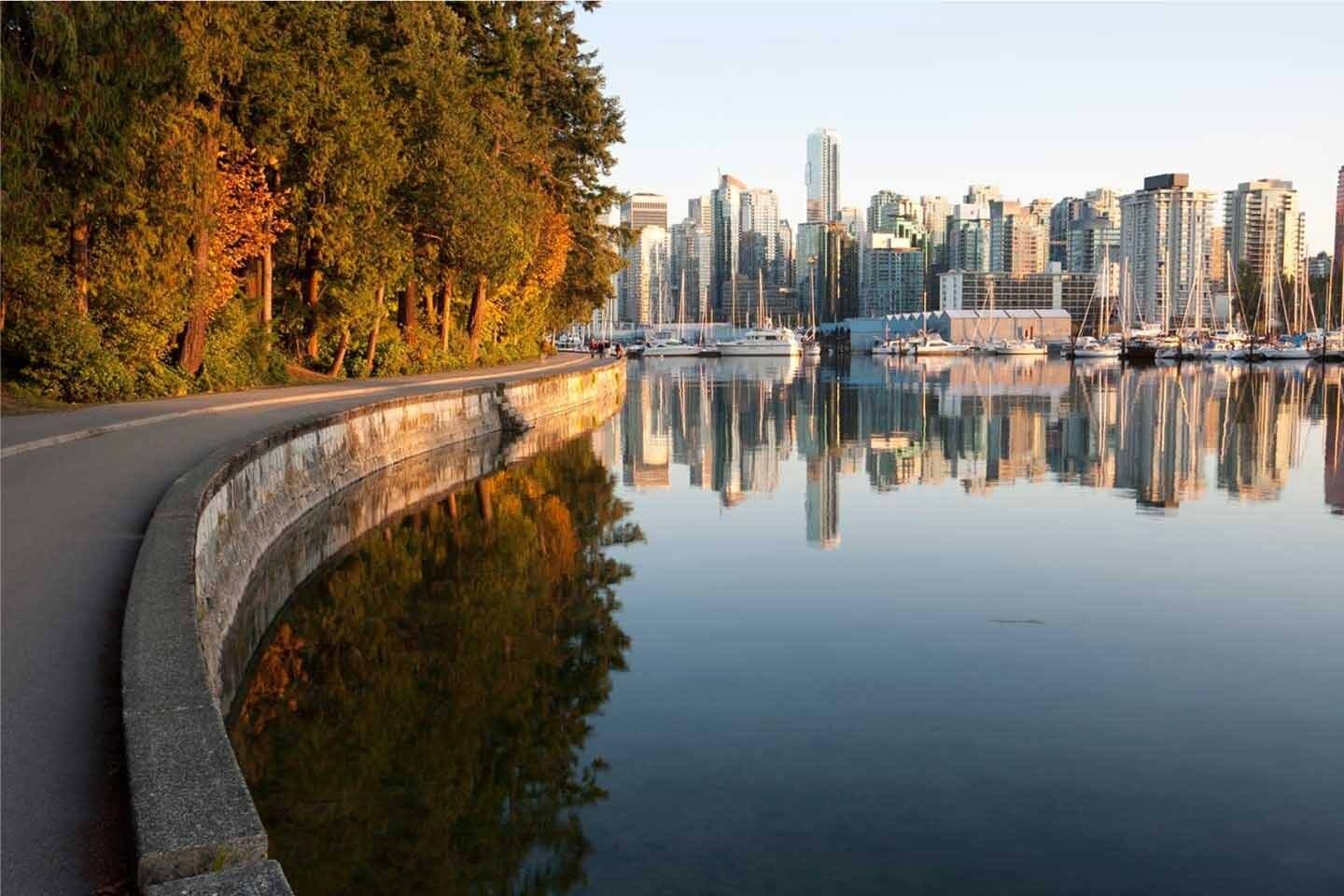
Good ships and proper maintenance
Oil tankers must conform to strict build, manning, maintenance and operating standards established by the International Maritime Organization and the Canada Shipping Act, 2001. Transport Canada is authorized to carry out inspections of vessels to ensure compliance with quality standards and it also keeps foreign vessels that do not meet safety standards and regulatory requirements from operating in Canadian waters. Any vessel that receives petroleum cargo at Westridge Terminal must also be pre-screened by Trans Mountain to further ensure quality control.
Required maintenance measures, such as cleaning the propeller and ensuring a smooth underwater hull surface, reduce underwater noise which might interfere with whales’ ability to navigate or hunt. Other guidelines exist which provide advice for designing quieter ships and reducing noise from existing ships.
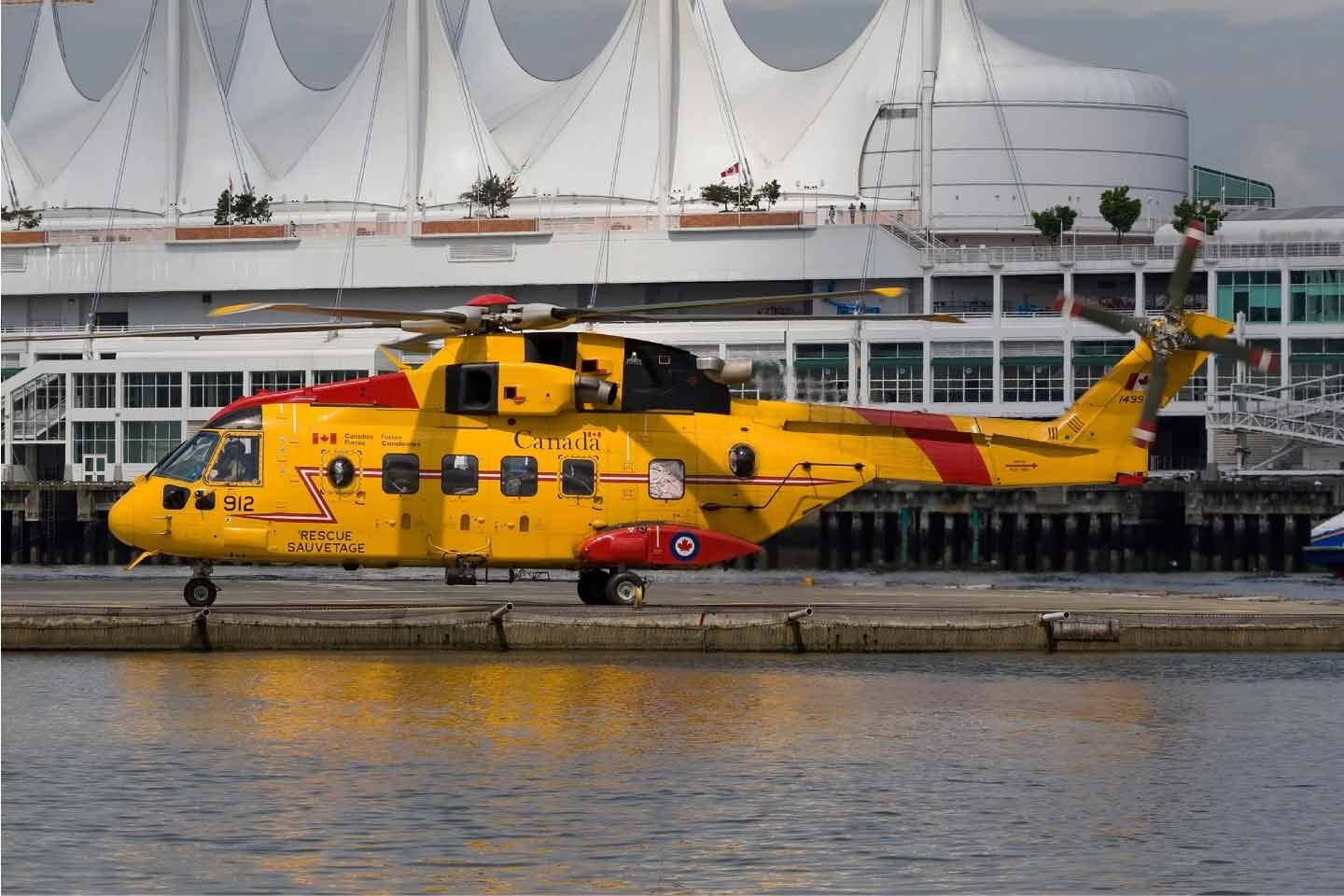
Advance planning
Prevention is the best way to ensure a safe and sustainable marine environment but governments, companies, facilities and individual ships maintain response capacity to address the unlikely event of a spill and minimize the impact to the marine environment.
Many plans exist, each relating to the different aspects of oil tanker loading and shipping, such as the Trans Mountain Pipeline itself, inland terminals and tank farms, the Westridge Marine Terminal, and Puget Sound. Oil tankers must have a spill response arrangement with the Western Canada Marine Response Corporation (WCMRC) prior to entering the Port of Vancouver. In the event of a spill, multiple organizations work together to reduce possible impact.
Improving all marine traffic
As part of its review of and recommendation to approve the Trans Mountain Pipeline expansion project, the National Energy Board has imposed 156 conditions and made 16 recommendations to address any potential impacts related to increased marine shipping traffic.
The Port of Vancouver and the larger Salish Sea are busy commercial shipping waters and these conditions and recommendations, along with other spill response and safety measures associated with the Trans Mountain expansion, will benefit all marine traffic in the region.
Get updates in your inbox.

